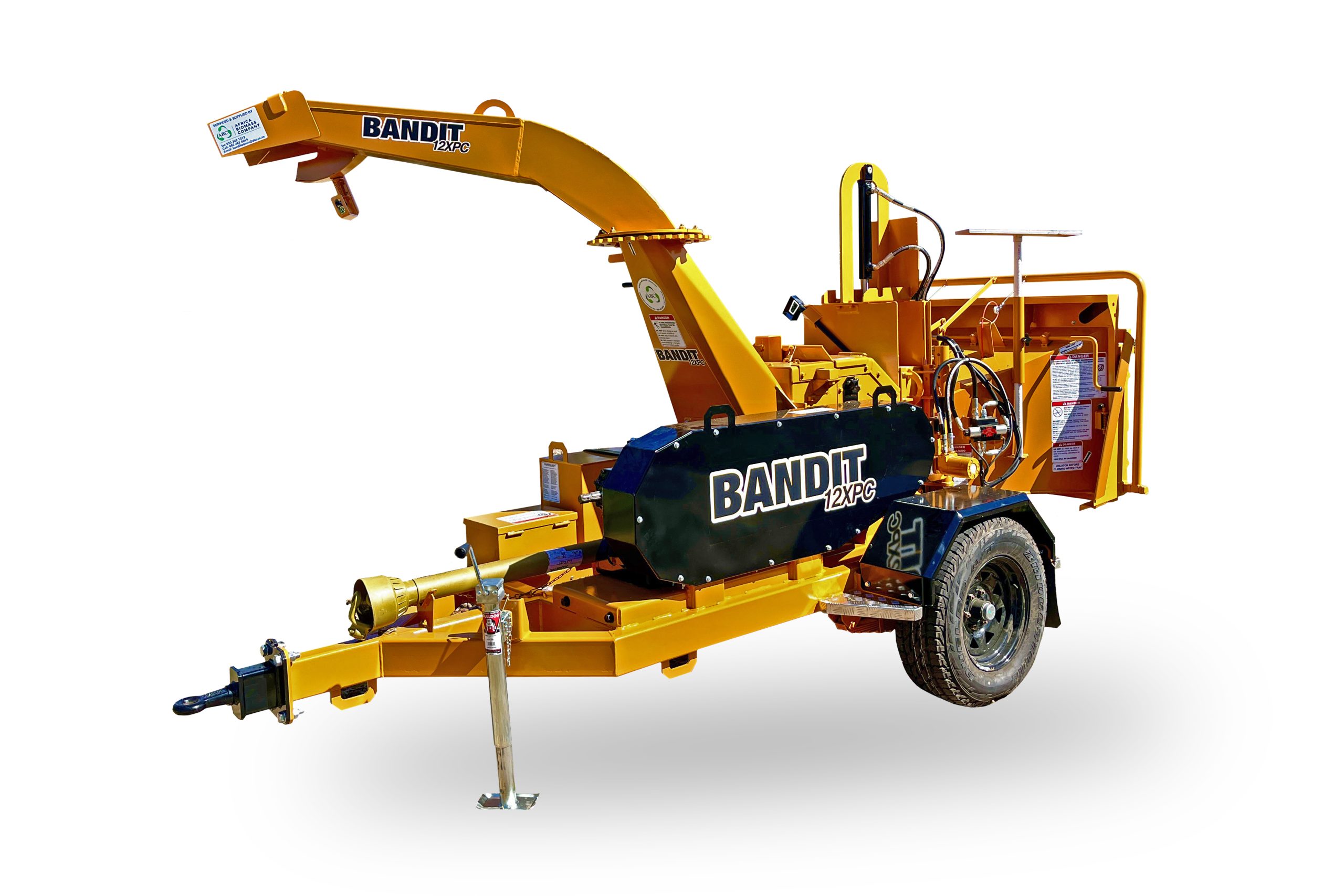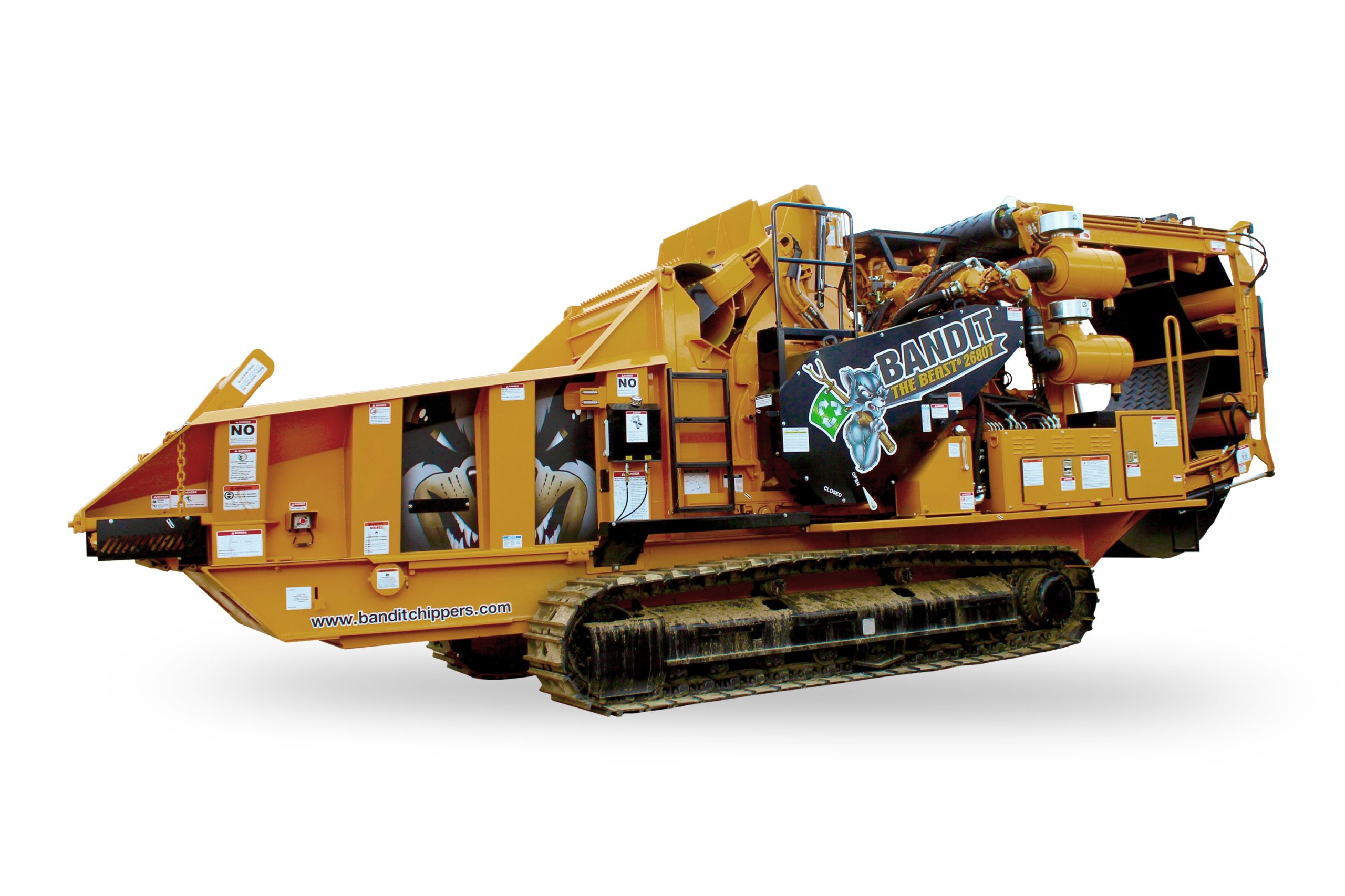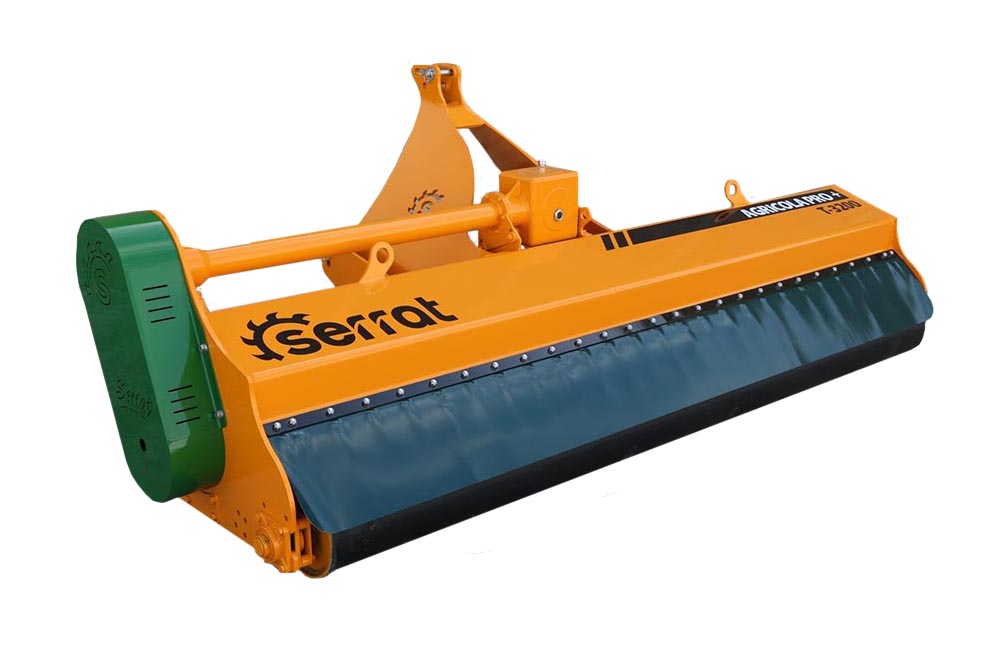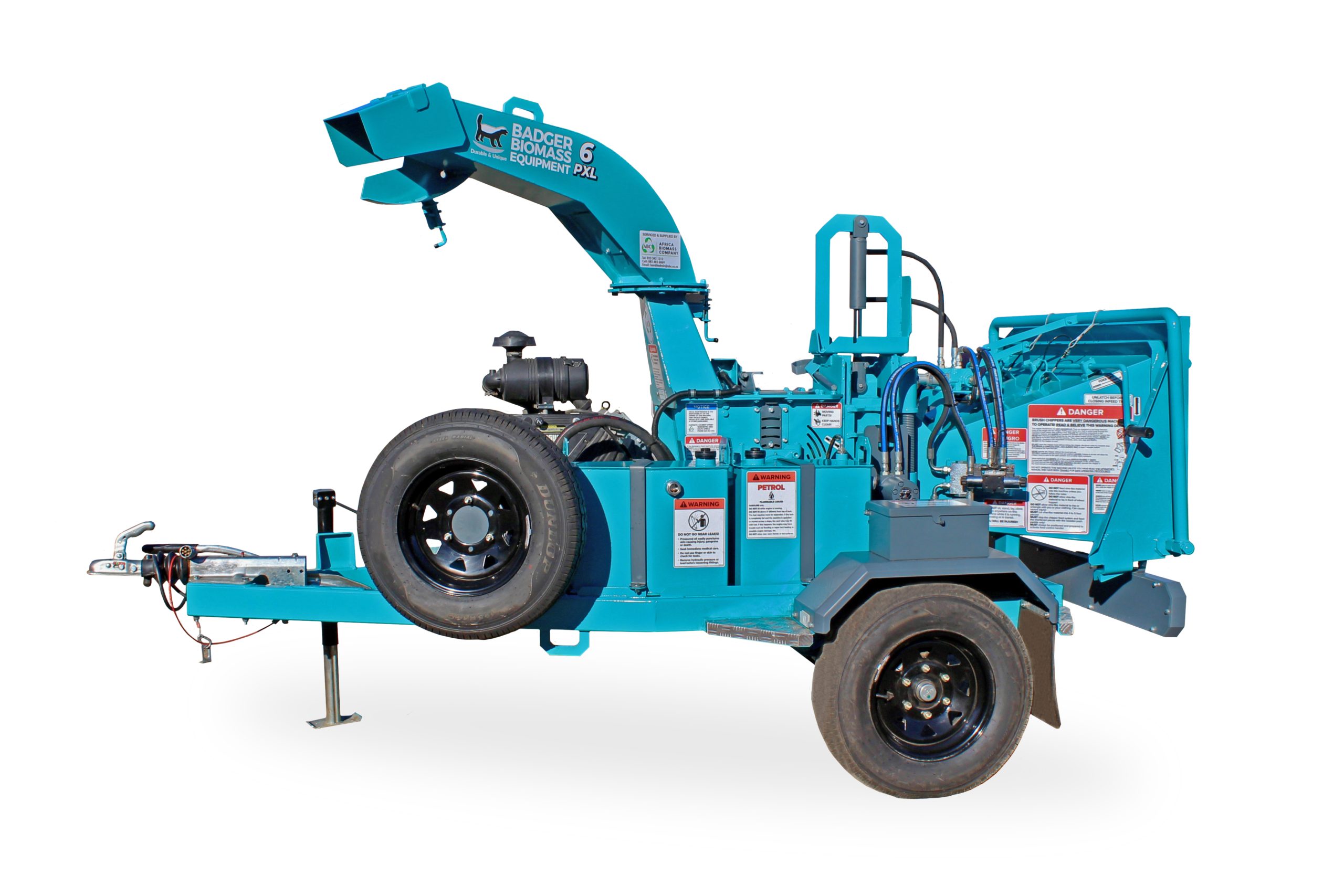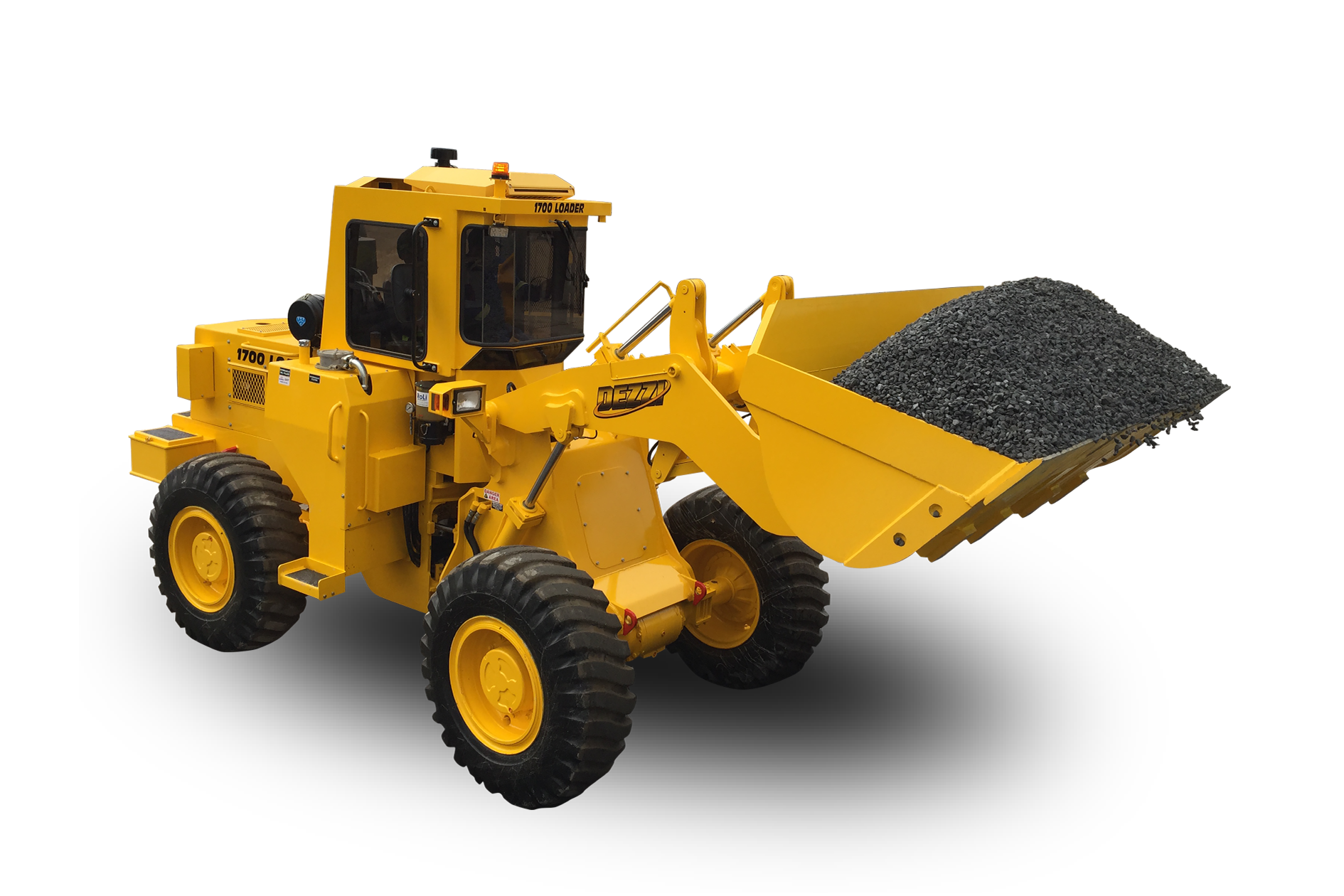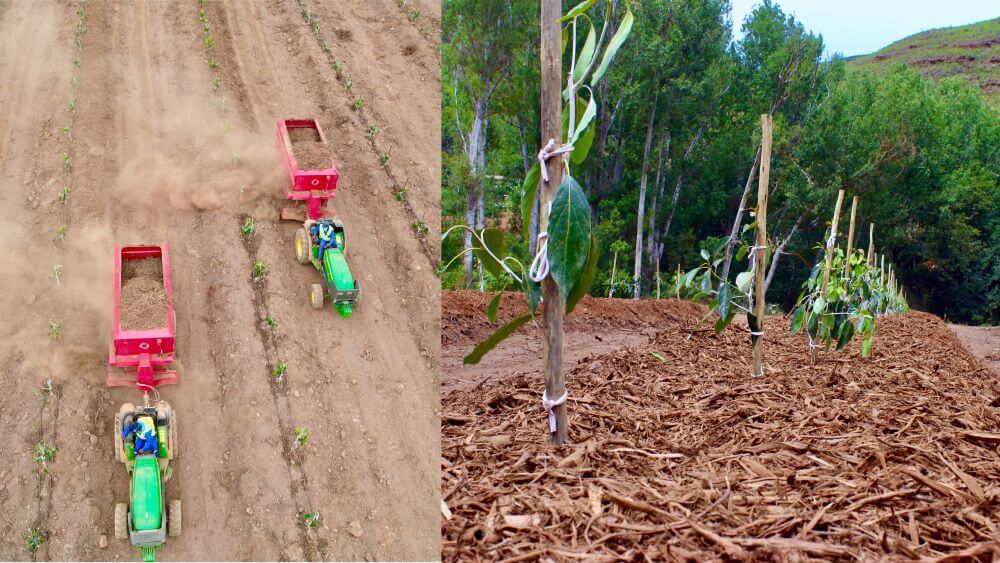As the world continues to seek sustainable solutions to growing agricultural challenges, infield mulching has emerged as an assertive technique that offers a range of benefits for both crops and the environment. At ABC, we’re committed to exploring and promoting practices that enhance productivity while minimizing ecological impact – so in this article, we’ll delve into the numerous advantages of infield mulching and why it should be an integral part of modern farming practices.
What is Infield Mulching?
Infield mulching involves covering the soil around crops with a protective layer of organic material. This technique offers several advantages, contributing to healthier plants, increased yields, and long-term sustainability.
Advantages of Infield Mulching
• Moisture Retention and Soil Health
Infield mulching acts as a natural moisture regulator, reducing water evaporation from the soil surface. This, in turn, helps maintain consistent soil moisture levels essential for optimal plant growth. By creating a barrier between the soil and the atmosphere, mulch also prevents weed growth, reducing competition for water and nutrients.
• Nutrient Enrichment
Organic mulch gradually break down over time, releasing essential nutrients into the soil. This natural fertilization process enhances soil fertility and reduces the need for chemical fertilizers. As the mulch decomposes, it also improves soil structure, allowing for better root penetration.
• Temperature Regulation
Infield mulching acts as a natural insulator, moderating soil temperatures. During hot weather, it shields the soil from excessive heat, preventing stress to plants’ root systems. In colder seasons, it offers protection against frost, allowing for earlier planting and extending the growing season.
• Erosion Prevention
The protective layer of mulch helps prevent soil erosion caused by heavy rainfall or wind. This is particularly crucial on sloped vineyards and orchards, where erosion can lead to loss of topsoil and nutrient runoff. By reducing erosion, infield mulching helps maintain soil quality and prevents sedimentation in nearby water bodies.
• Weed Suppression
Weeds compete with crops for resources and can hinder their growth. Infield mulching serves as a natural weed barrier, blocking sunlight and inhibiting weed germination and growth. This reduces the need for herbicides and manual weed removal, contributing to cost savings and minimizing environmental impact.
Conclusion
Mulching is a time-tested technique that offers many advantages for modern farmers. Its benefits extend beyond the field, from conserving water to promoting soil health and pest management. By embracing infield mulching, we can revolutionize agriculture while ensuring a greener and more productive future for future generations.
Contact ABC to learn more about our sustainable mulching solutions and how they can transform your farming practices.

